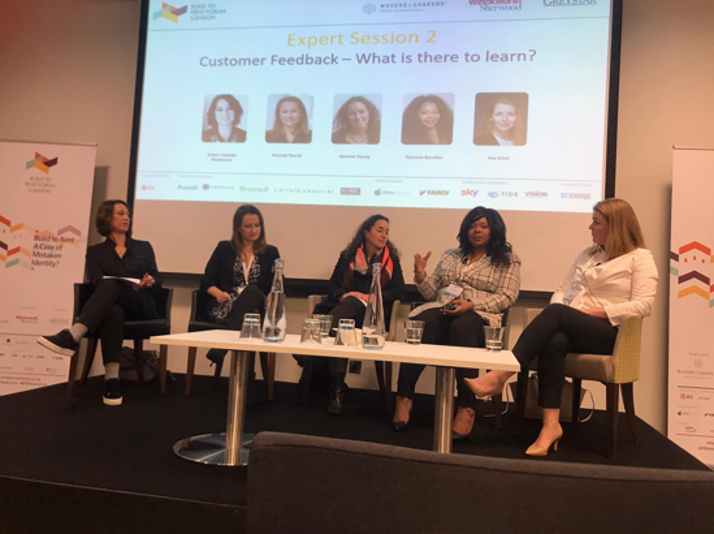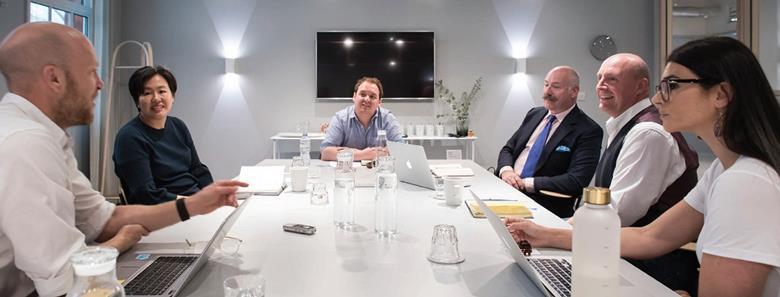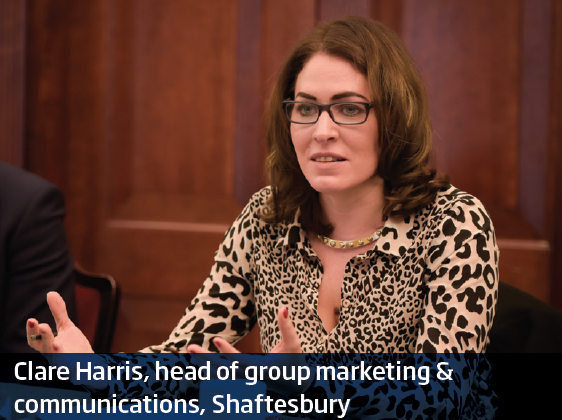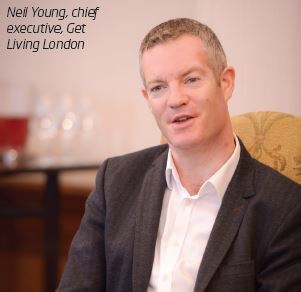Movers and Shakers
Build to Rent Forum Recap
Movers & Shakers hosted another impactful Build to Rent Forum on Thursday, Feb. 27, where eager build to rent professionals gathered to debate a range of topics impacting this ever-growing market. Movers & Shakers Chairman David Jennings opened the day with an inspiring video of Greystar’s 2,000-home Greenford Quay development, showcasing a great example of […]








